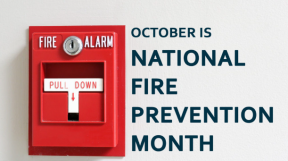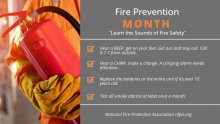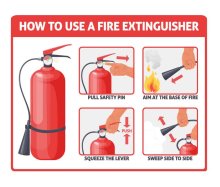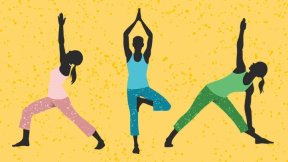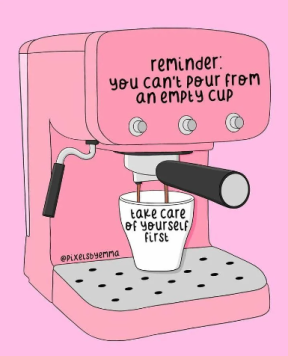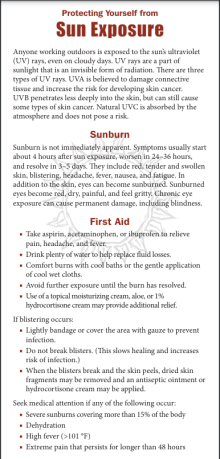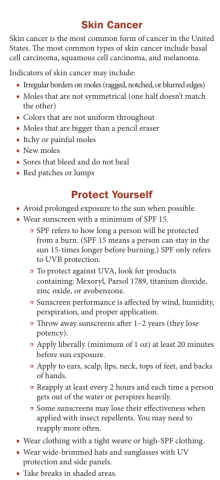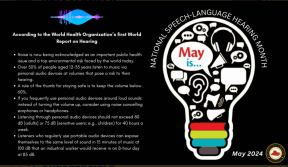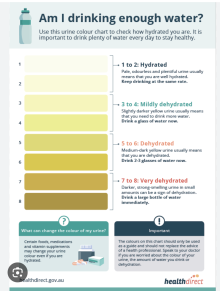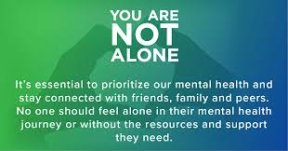We are offering safety tips so everyone can enjoy this celebration, whether you are going to a place to celebrate, going door-to-door for trick-or-treating or attending a community wide event.
Safety Tips for Drivers
- #1: Be alert for trick-or-treaters and other pedestrians.
- #2: Slow down and scan the road. Remember: Slower speeds save lives.
- #3: Watch for young trick-or-treaters in unexpected places. Children may be unaware of traffic and dart into the street unexpectedly.
- #4: If you see a drunk driver, contact law enforcement.
- #5 Turn on headlights early in the day to spot kids from further away, especially in inclement weather
- #6 Enter and exit driveways and alleys slowly and carefully.
- #7 Eliminate any distractions inside your vehicle so you can concentrate on the road and your surroundings.
Safety Tips for Trick-or-Treaters
- #8: Carry glow sticks or flashlights, use reflective tape or stickers on costumes and bags, and wear light colors to help kids see and be seen by drivers.
- #9: Join kids under age 12 for trick-or-treating.
- #10: When selecting a costume, make sure it is the right size to prevent trips and falls. Choose face paint over masks when possible. Masks can limit children’s vision.
Safety Tips for Pedestrians
- #11: Before festivities begin, create a “buddy system” to get each other home safely and prevent walking alone.
- #12: Follow the rules of the road and obey signs and signals.
- #13: If possible, cross streets at crosswalks or intersections. Look for cars in all directions, including those turning left or right.
Safety Tips for Attendees of Halloween Parties
- #14: Before drinking, choose a designated driver, or schedule a ridesharing, ride-hailing or taxi service.
- #15: If you drink, do not drive for any reason. Even a small amount of alcohol can affect driving ability.
Safety Tips for Hosts
- #16: Be responsible and take action to make sure guests get home safely.
- #17: Prepare to call taxis rideshares, provide sleeping accommodations, or — if you’re sober — drive guests home yourself.
- #18: Collect car keys from guests who are drinking.
- #19 Provide non-alcoholic beverage options.


